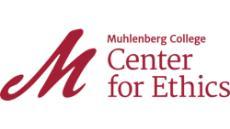
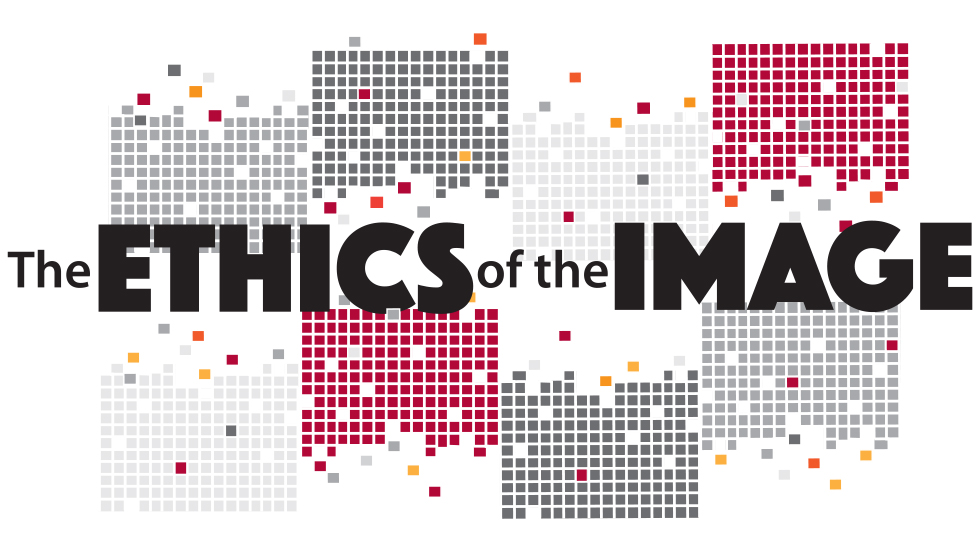
The Ethics of the Image is an interdisciplinary program about the ethics of representing ideas and representing others using images or pictures, broadly construed. These images can be artistic, documentary, journalistic, religious, mathematical, or scientific, but we are concerned with how ideas are expressed visually, and with the ethical and moral implications of those expressions. The point of the series is not merely to point out that “pictures can be misleading” or some other simplistic observation, but to deeply explore the nuances of what it means to use images to communicate, with help from practitioners and scholars.
Fall 2023 Schedule of Events
"The Ethics of the Image: An Invitation to the Conversation"
September 6 at 6 p.m., Miller Forum in Moyer Hall
Panelists: Emanuela Kucik (English & Africana Studies), Jefferson Pooley (Media & Communiction), Elena FitzPatrick Sifford (Art History) and Jeremy Teissere (Neuroscience)
This opening event features a panel of Muhlenberg faculty presenting brief reflections on this year's Center for Ethics theme and inviting the campus community to join in a discussion on The Ethics of the Image.
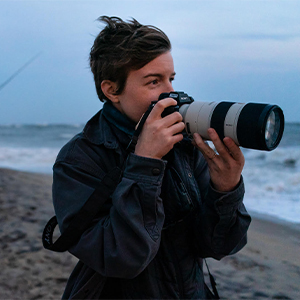
"Unpacking Photojournalism" with Erin Schaff, Staff Political Photographer, The New York Times
November 9 at 7 p.m., Miller Forum in Moyer Hall
Erin Schaff is an award-winning New York Times photojournalist based in DC. She will talk about various aspects of photojournalism in practice, including how it works, who gets to tell what stories and ethical questions that come up in the field. She will also share her experiences from covering Washington politics to intimate long-form feature stories.
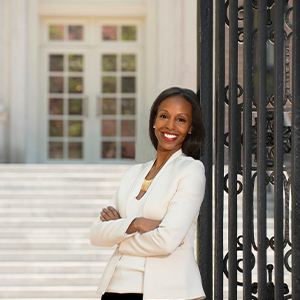
"Vision and Justice" with Harvard University's Sarah Lewis
October 2 at 7 p.m., Miller Forum in Moyer Hall
Sarah Lewis is the John L. Loeb associate professor of the humanities and associate professor of African and African American studies at Harvard University. “Vision & Justice” wrestles with the question of how the foundational right of representation in a democracy, the right to be recognized justly, has historically and is still urgently tied to the work of visual representation in the public realm.
Spring 2024 Schedule of Events
"AI Ethics and the Remixed Image" with Eduardo Navas, Associate Research Professor of Art and Digital Arts & Media Design, Penn State University
February 5 at 7 p.m., Miller Forum in Moyer Hall
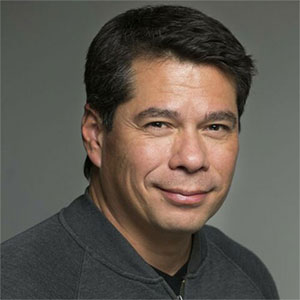
Eduardo Navas will focus on how artificial intelligence is changing the way images represent and record history, and the ethical implications of this emerging reality. Images have been at the center of cultural change since the beginning of cultures. Technological innovation has supported the changes of representation from manually rendered imagery to mechanically reproduced cultural objects most commonly encountered in the forms of photographs and films. The computer made possible the shift from mechanical reproduction to digital reproduction, largely consisting of image composites that when manipulated with photo editing software could offer the aura of indexical or factual-like visual forms. Artificial intelligence, in turn, has repositioned the relation of the analog and digital in unprecedented ways that move beyond human agency, with capacity to produce visual content that is increasingly difficult to differentiate from human produced material. Keeping this historical context in mind, Navas will reflect on the ethical implications of images produced with AI models, which rely on remixing to reconsider how certain aspects of originality and authorship are being delegated to non-human agents, thus entering into an emerging state of metacreativity.
“Now You See Me: The Tangled Legacy of Selfies on Social Media” with Chelsea Butkowski, Assistant Professor of Data, Media & Identity, American University
February 26 at 7 p.m., Miller Forum in Moyer Hall
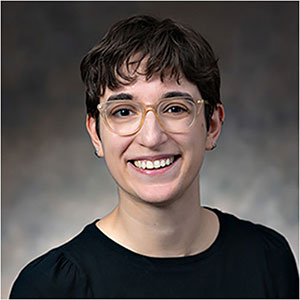
It has been over a decade since Oxford Dictionaries named “selfie” the word of the year in 2013. Back then, the selfie was described as an “embarrassing phenomenon of the digital age”—a passing internet trend. Yet selfies are just another iteration of the age-old human desire to document our existence, from cave paintings to self-portraiture. In this talk, Butkowski will explain the unique ethical dilemmas that distinguish selfies from centuries of self-portraiture. This means untangling tensions between the personal visibility that selfies offer us and the heightened vulnerabilities that tend to come with it. Along the way, Butkowski will deconstruct selfie topics such as filtered beauty ideals, online social comparison, data exploitation by social media companies, selfie activism, and the rise of AI-generated images. This talk will trace the shifting cultural significance of selfies over the past 10 years and into the future.
“From ISIS to the AfD: Ultraist Rhetoric and Visuality in Orientalist Concurrence” with Christiane Gruber, Professor and Curator of Islamic Art, University of Michigan
March 20 at 7 p.m., Miller Forum in Moyer Hall
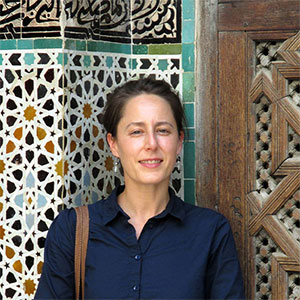
When ISIS militants burst onto the scene more than six years ago, journalists and pundits were quick to label the Islamist group a medieval martial movement. Since then, however, scholars have shown how this particular extremist group—one among many ultraist socio-political formations active worldwide—should in fact be considered hyper-modern in its use of futuristic- nostalgic rhetoric, astutely crafted visual messaging, and vast portfolio of media and communication technologies.
As of late, however, ISIS has been outstripped in sheer production and online presence by right- wing political groups in Europe and the United States, such as Identity Evropa, Alternativ für Deutschland, Act for America, and Stop Islamization of America. A close analysis of the rhetorical and visual production of these Euro-American extremist and hate groups reveals not a diametric clash with ISIS’s own output but rather a concurrence in symbolic lexica, in which, above all, a new form of Orientalism—of anathemizing the perceived other—is asserted to craft and entrench a nativist stance. This “border security” stance involves a range of identity-based taxonomic simplifications as well as a calculated visual instrumentalization of fears linked to migration, miscegenation, and misogyny.
